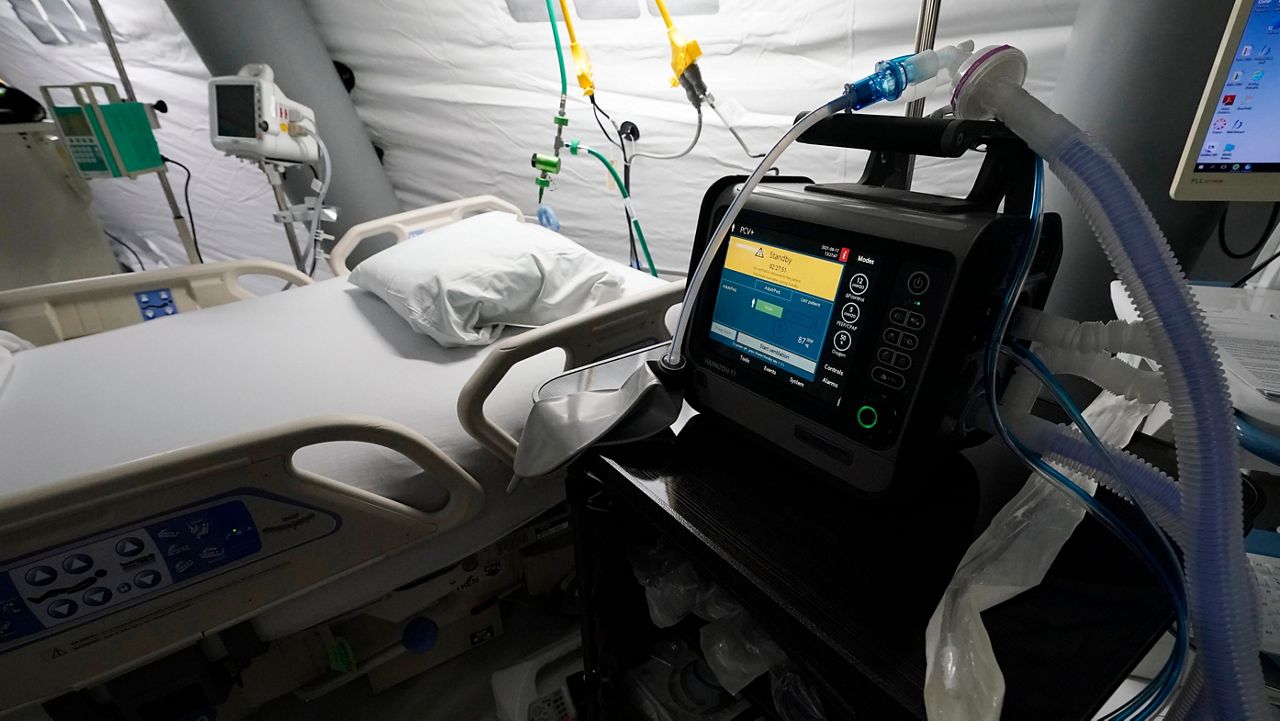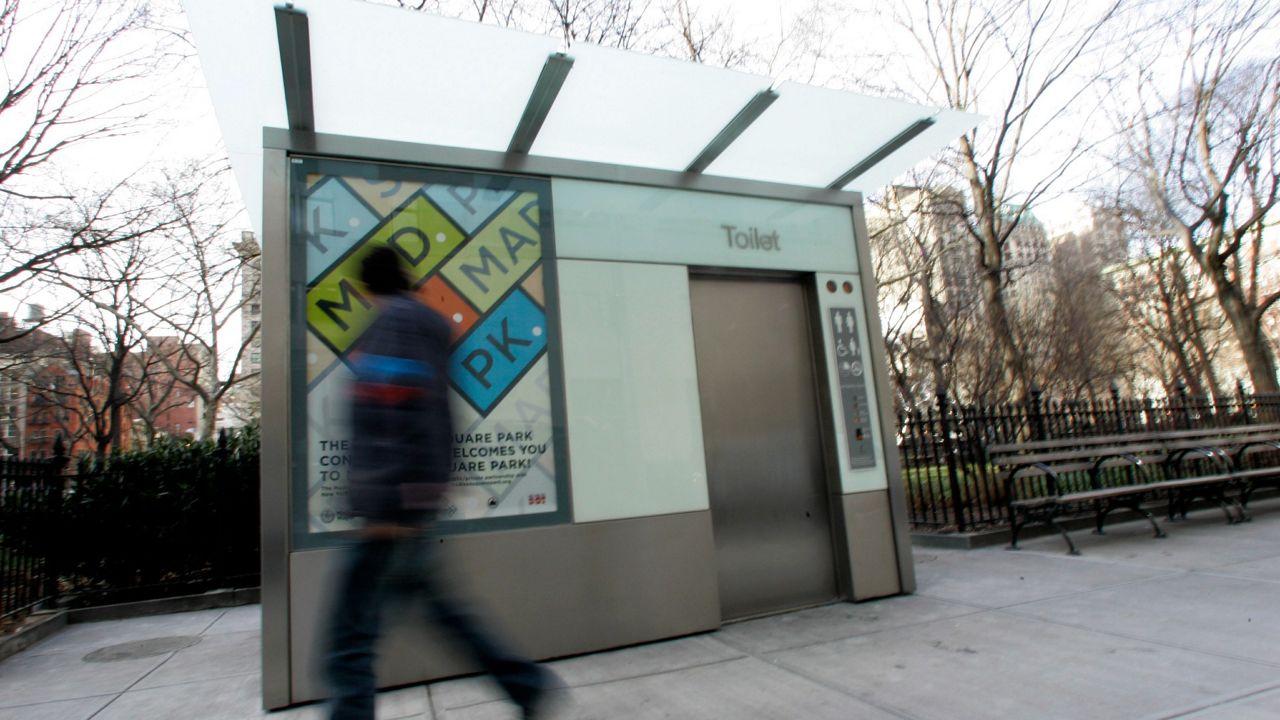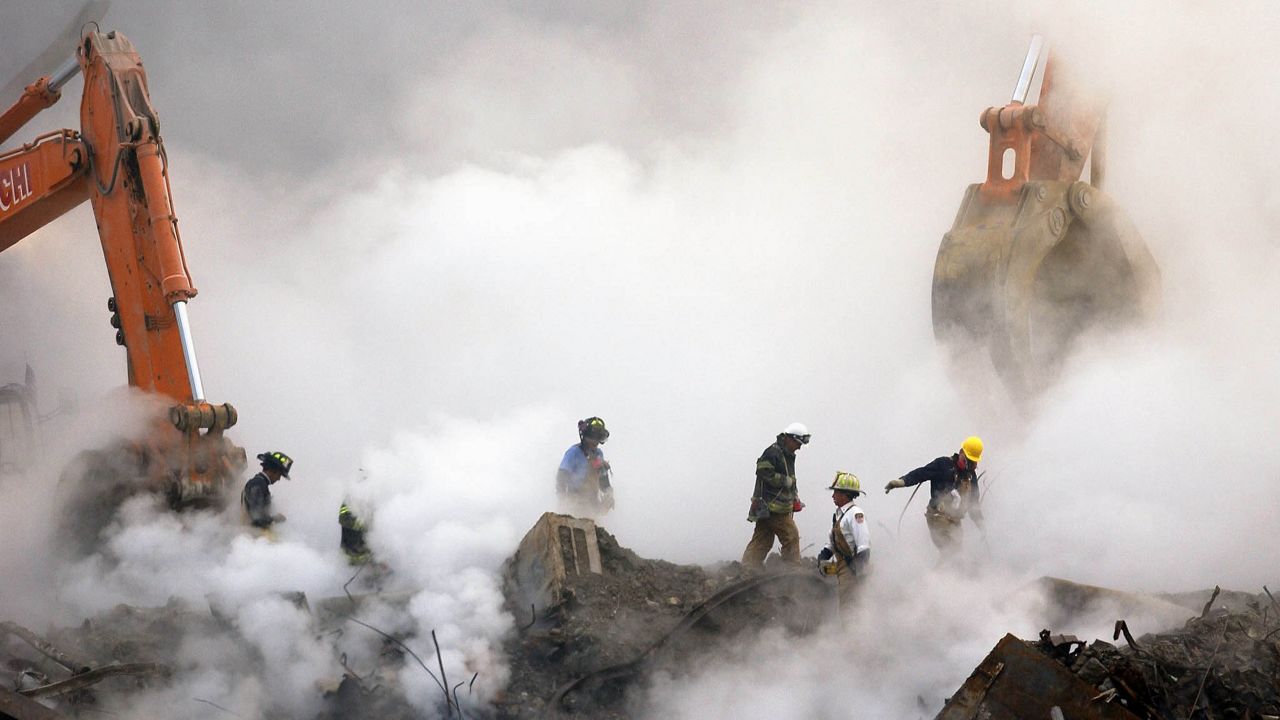Mpox cases have been on the rise in New York City, according to new data.
Since Jan. 1, 149 people in the city have tested positive for the virus, the city Department of Health and Mental Hygiene said Friday.
There were 47 confirmed cases between March 10 and April 6, the agency said.
What You Need To Know
- Mpox cases have been on the rise in New York City, according to the Department of Health and Mental Hygiene
- The city has seen an average of 36 cases per month since October, with a peak of 51 confirmed cases in January, the agency said
- Of the 256 confirmed cases from October through April 15, 188 were among people who were not vaccinated against mpox or had only received one dose of the vaccine
In the summer of 2022, health officials were reporting 100 cases per day.
“Reported case numbers in [the city] were relatively low for most of 2023, ranging from two to 20 cases per month between January and September,” city health officials said in a health advisory.
However, the city has seen an increase to an average of 36 cases per month since October, with a peak of 51 confirmed cases in January, the advisory said.
The city said that of the 256 confirmed cases from October through April 15, 188, or 73%, were among people who were not vaccinated against mpox or had only received one dose of the vaccine.
Ninety-four percent of the cases were among men who have sex with men, the health department said. Most cases were mild, and only 10 people were hospitalized, according to the department.
Health officials say symptoms typically ocurr between three to 17 days after exposure. Most commonly, they come in the form of a rash or sores that look like blisters or pimples. The rash can be itchy and painful. Flu symptoms are another possible sign of mpox.
The disease, formerly known as monkeypox, is caused by a virus similar to the one that causes smallpox.
“Cases have mainly spread through sex and other intimate contact among social networks of gay men and other men who have sex with men and transgender people,” the health department said on its website. “However, anyone who has been in close contact with someone who has mpox is at risk for infection.”
“Vaccination is a safe way to prevent yourself from getting mpox and may also reduce your symptoms,” the department added. “You should get vaccinated against mpox if you may have been exposed or could be at risk of exposure in the future.”
Check out the city's website to find your closest vaccination center.








